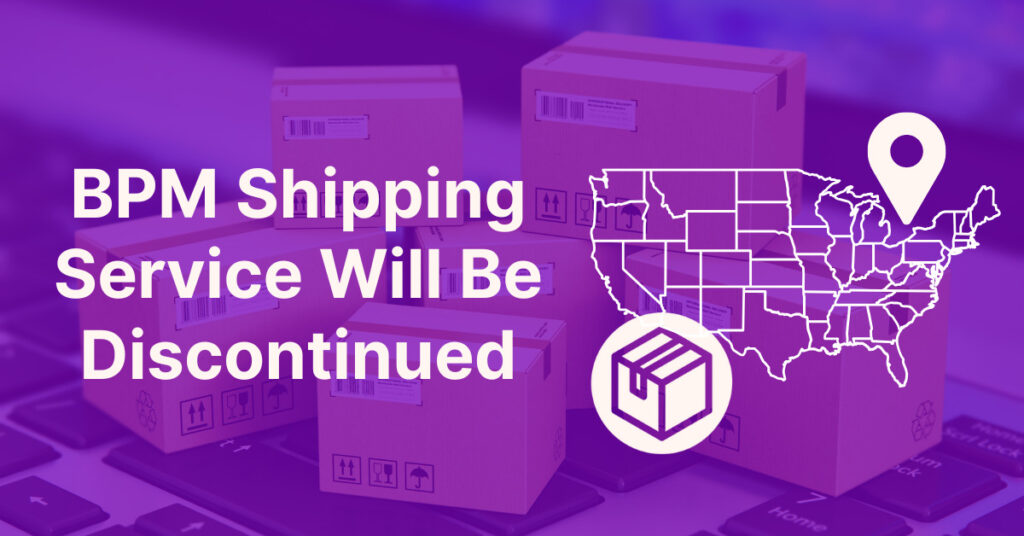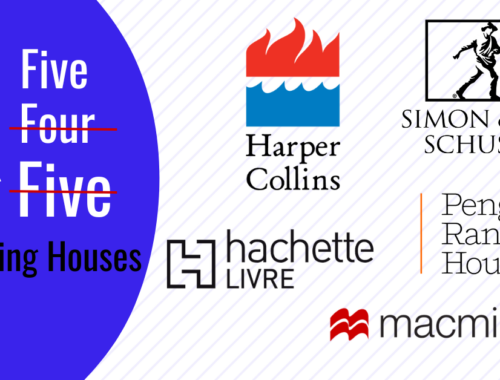
The United States Postal Service (USPS) has filed a proposal to eliminate Bound Printed Matter (BPM) Flats and Parcels from their service offerings.
BPM is a special postal category that has historically offered the lowest available rates for catalogs, books, and other bound printed materials weighing up to 15 pounds.
The change, outlined in a December 20, 2024 filing with the Postal Regulatory Commission, would take effect no earlier than July 2025.
The USPS maintains that these changes are part of broader efforts to streamline operations and address ongoing financial challenges, citing a $9.5 billion loss in fiscal year 2024.
Key Changes and Rate Impacts
The proposal would particularly affect paperback and hardback book sellers:
- A one-pound paperback currently shipped as a BPM flat at $1.73 would increase to $4.40 under Media Mail – a 154% increase
- A one-pound hardback shipped as a presorted BPM parcel at $2.48 would rise to $4.40 under Media Mail
- All book shipments would be forced into Media Mail’s single rate structure, despite flats costing USPS less to process than parcels.
Market Impact
The change affects different segments of the industry in varying ways.
Large publishers have an option to negotiate private rates with USPS.
Small and medium publishers will be disproportionately affected due to lack of access to Negotiated Service Agreements, higher administrative burdens and significant rate increases.
Online booksellers face challenges with tracking requirements and increased shipping costs.
The proposed changes represent a significant shift in the book industry’s shipping landscape. While USPS frames this as a simplification of its rate structure, the changes create new complexities and cost burdens, particularly for smaller industry players.
Small and medium-sized businesses will need to reevaluate their shipping strategies and possibly adjust pricing models to accommodate these changes.
The impact may be especially significant for businesses serving education markets and those with high-volume paperback shipments.




